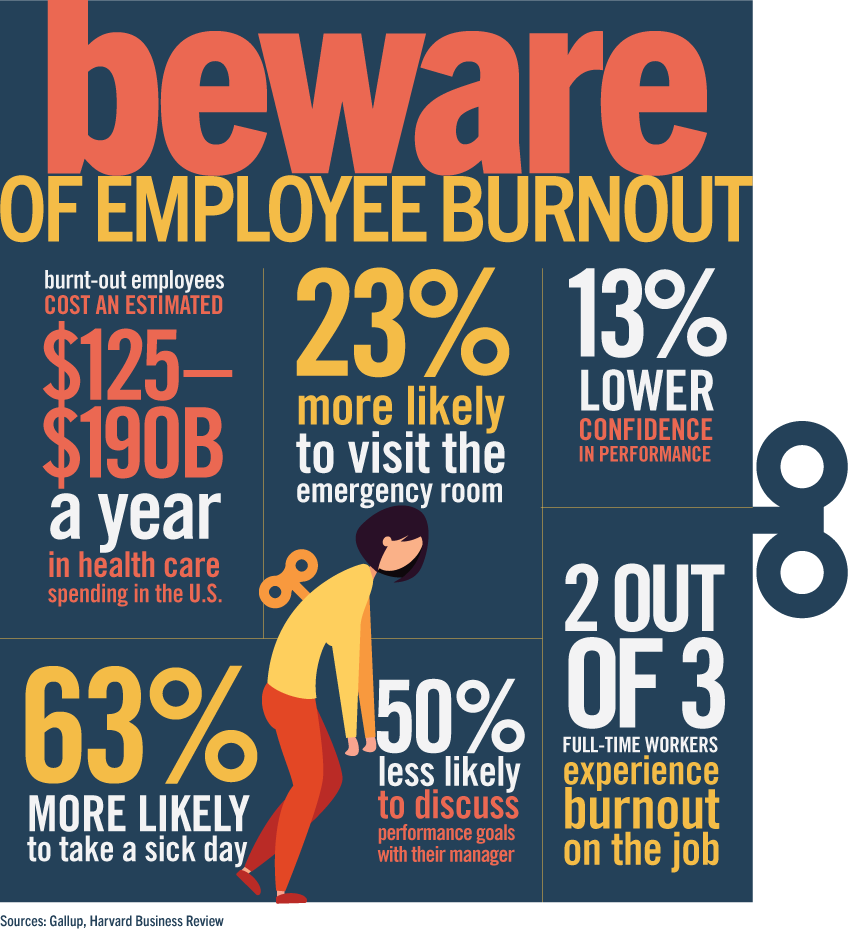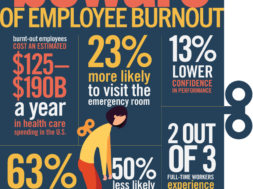
Jitna zaruri, utna kaam: To avoid burnout, the US workforce draws a line between life and work
Virendra Pandit
New Delhi: The Covid-19 pandemic’s after-effects continue to haunt the corporate world. Realizing the need for greater work-life balance, many in the US workforce are following simple things: “Act Your Wage,” that is, work should match compensation, and they don’t mind quitting quietly soon afterward.
According to the media reports, most US workers, having experienced uncertainties in life since the 2020 outbreak of the pandemic, avoid working beyond eight hours a day (40 hours per week), take fewer work-related calls after hours, and shun even emails. Often, they simply say “no” to extra work, as they increasingly embrace the unwritten rule of “quietly quitting” and shunning constant connectivity.
In this pursuit of leisure and happiness, Americans are now leaving the always-on US work culture and following the European lifestyle. The “quiet quitters” are drawing boundaries to keep a reasonable work-life balance, like their European counterparts, to avoid burnout.
Studies in the US suggested that on-the-job stress increased from 38 percent of those polled in 2019 to 43 percent in 2020 as the pandemic upended the world of work, with women in the US and Canada facing the most pressure.
Because of the probable brevity of life amid Covid-19, the disillusionment with hard or extra work was reflected in 2021 during the “Great Resignation,” the surge in employees leaving or switching jobs quickly amid pandemic-related pressures.
Many “quiet quitters” said they are ready to work more, but only for the hours the job is meant to entail. Their motto is “Act Your Wage,” which is work commensurate with wages.
Former US labor secretary Robert Reich remarked that workers are not quietly quitting but only refusing to be exploited for their labor.
According to Philip Oreopoulos, a labor economist at the University of Toronto, employers should communicate better with employees and clarify their expectations before they offered/accepted a job.














